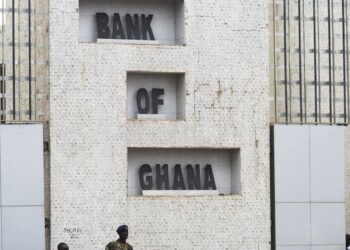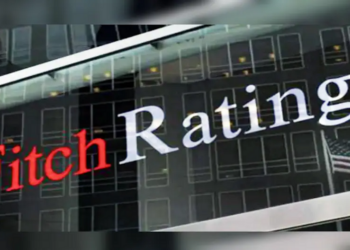For the second time in a row, the Bank of Ghana has maintained the country’s interest rate at a record 30% as they hope to further lower the country’s inflation rate from its present 35.2%.
The country’s apex bank also increased the cash reserve ratio on bank deposits to 15% from 14% effective from November 30.
Between November 2021 and July 2023, the Bank of Ghana hiked the country’s benchmark rate from 13.5% to 30%, even as the country’s inflation spiked from 12.2% to 35.2% within the same period, peaking at 54.1% in December 2022.
According to Ernest Addison, the Governor of the Bank of Ghana, keeping the interest rate at 30% was because,
- “The disinflation process is expected to continue, supported by the current tight monetary policy stance and relatively stable currency and base drift effect,”
- He also noted, “Inflation is decelerating, it remains high relative to target therefore there is the need to keep the policy rate tighter for longer until inflation is firmly anchored on the downward trajectory towards the medium-term target,”
With an inflation rate of 35.2%, Ghana is quite a long way out from its central bank target of 10%, however, the country has hit its base effect, causing inflation to slow down.
What you should know
Post-COVID, Ghana entered into what has been termed “the worst economic crisis of a generation”, causing the country to seek intervention from the International Monetary Fund.
A crucial part of the requirements for the $3 billion loan from IMF included Ghana’s restructuring of its $50 billion debt. Also in 2022, the country’s currency, Ghana Cedi depreciated by over 55% causing the price of goods and services to spike, causing a cost-of-living crisis.
After receiving its first tranche of $600 million from the IMF in May 2023, the country’s economy began to turn a corner as its inflation rate has continuously declined since then.























